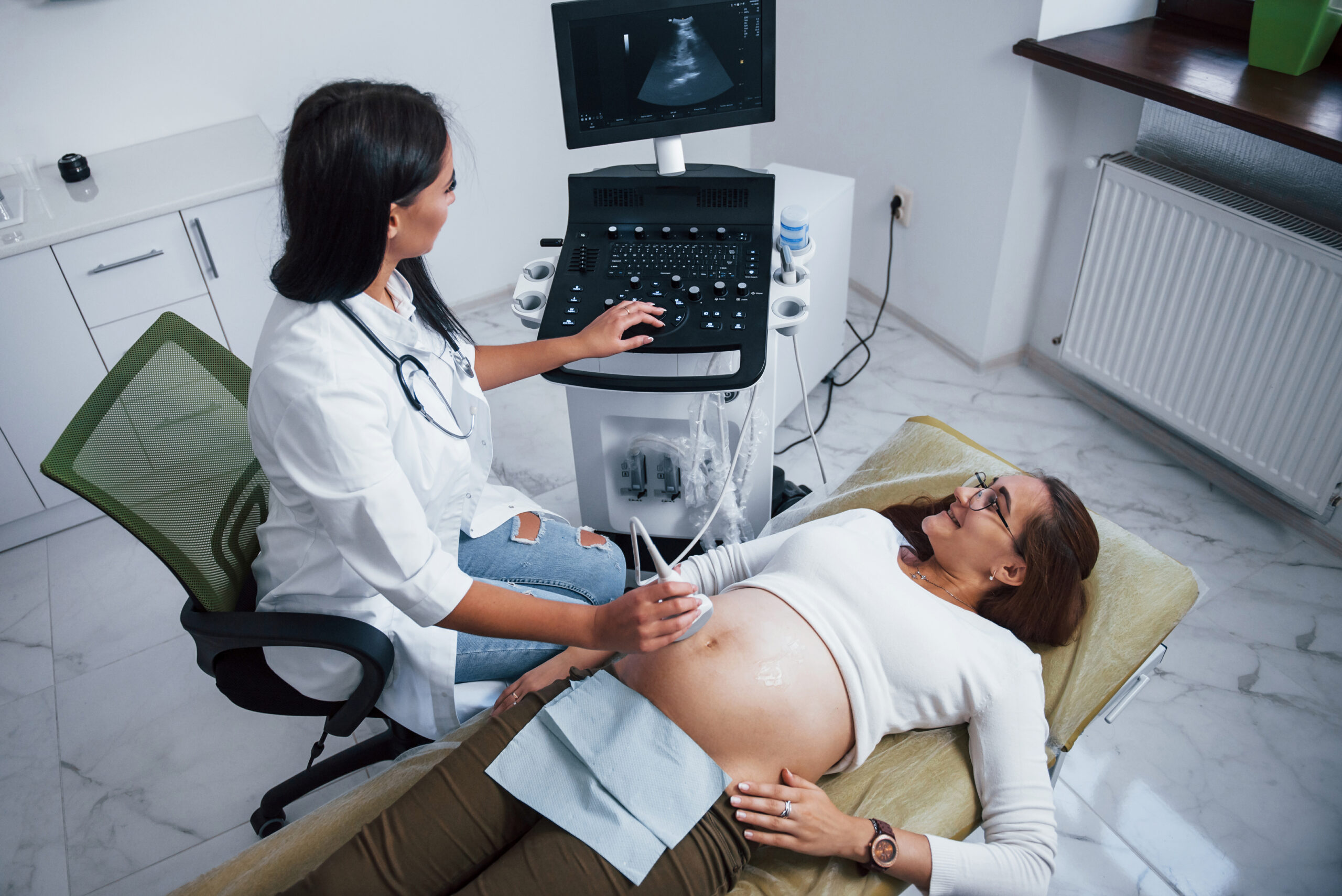Pregnancy is a remarkable journey filled with joy, anticipation, and countless questions. While routine ultrasounds play a vital role in monitoring the baby’s growth, there are times when more detailed imaging is required. That’s where fetal MRI comes into play. This advanced diagnostic tool provides clear and in-depth images of the unborn baby, offering valuable insights when ultrasound findings are inconclusive or need further evaluation. For precise diagnosis and expert care, choosing a reputed fetal MRI hospital like Lifeline Hospital in Kochi ensures the best outcomes for both mother and baby.
What Is Fetal MRI?
Fetal MRI (Magnetic Resonance Imaging) is a safe, non-invasive imaging technique used to obtain detailed images of the fetus inside the womb. It uses magnetic fields and radio waves to capture high-resolution images, especially of the brain, spine, abdomen, and chest.
Unlike ultrasound, fetal MRI provides clearer visuals of complex fetal anatomy and is often recommended when more information is needed about potential anomalies or developmental issues.
When Is Fetal MRI Recommended?
A fetal MRI is not a routine test for all pregnant women. Doctors may suggest it when:
- An ultrasound detects abnormal brain development.
- There are concerns about the lungs, chest, or abdominal organs.
- Detailed imaging of the fetal spine is needed.
- Multiple congenital anomalies are suspected.
- Placental issues need further evaluation.
At a trusted fetal medicine hospital, such as Lifeline Hospital in Kochi, specialists assess whether an MRI is appropriate based on clinical indications.

Benefits of Choosing a Fetal Medicine Hospital
Getting a fetal MRI done at a specialized hospital has many advantages:
- Accurate Diagnosis: High-quality images lead to a better understanding of fetal conditions.
- Expert Interpretation: Radiologists and fetal medicine specialists work together for precise evaluation.
- Better Planning: Helps parents and doctors plan necessary interventions or postnatal care.
- Peace of Mind: Reduces uncertainty and allows informed decision-making.
At the best fetal medicine hospitals like Lifeline Hospital, Kochi, patients receive advanced care with the latest technology and personalized attention.
How Is Fetal MRI Performed?
The procedure is simple and typically takes 30 to 60 minutes.
- The mother lies down on the MRI table.
- A special coil is placed over her abdomen.
- The machine scans and collects images.
- No radiation is used, making it safe for both mother and baby.
There’s no need for sedation or contrast dye in most cases. The baby’s movements are accounted for during scanning, and images are reconstructed accordingly.
Is Fetal MRI Safe?
Yes, fetal MRI is considered safe for both mother and fetus. It does not involve ionizing radiation, unlike X-rays or CT scans. The magnetic fields and radio waves used are not harmful and have been studied extensively.
In well-established fetal MRI hospitals, such as Lifeline Hospital, Kochi, procedures are carried out following strict safety protocols to ensure the highest standard of care.
Choosing the Best Fetal Medicine Hospital in Kochi
When it comes to fetal imaging, expertise and equipment matter. That’s why so many families trust Lifeline Hospital, which offers the best fetal medicine specialist in Kochi. Here’s why Lifeline stands out:
- Specialized Fetal Medicine Team: Highly experienced in interpreting fetal MRIs.
- Advanced Imaging Technology: Delivers crystal-clear images for accurate assessment.
- Collaborative Care: Obstetricians, radiologists, and pediatricians work together for holistic care.
- Supportive Environment: Compassionate care tailored to expecting mothers and families.
From diagnosis to counseling and follow-up care, Lifeline Hospital provides complete support every step of the way.
Fetal MRI vs Ultrasound: What’s the Difference?
While ultrasound remains the first-line imaging tool during pregnancy, fetal MRI adds value when:
- The ultrasound image is not clear due to fetal position or maternal body type.
- There’s a need to visualize deep brain structures or soft tissues.
- A second opinion is required for accurate diagnosis.
A good fetal MRI hospital bridges the gap between uncertainty and clarity, helping both doctors and parents make better-informed choices.

What to Expect After a Fetal MRI
Once the scan is complete:
- Images are reviewed by a radiologist and fetal medicine specialist.
- A detailed report is shared with your gynecologist.
- Further consultations may be scheduled based on the findings.
Emotional support and guidance are provided to help parents understand the diagnosis and next steps.
Conclusion
Fetal MRI is a valuable diagnostic tool that enhances prenatal care when more detailed imaging is needed. It ensures accurate evaluation of fetal conditions, helping parents and healthcare providers prepare effectively. Choosing the right fetal MRI hospital makes all the difference in terms of accuracy, safety, and support.
If you’re looking for expert fetal imaging services, Lifeline Hospital in Kochi is your trusted partner. Recognized as the best fetal medicine hospital in Kochi, Lifeline combines modern technology with compassionate care to ensure the best for both mother and baby.
Take the next step in your pregnancy care journey—book an appointment with Lifeline Hospital today.

